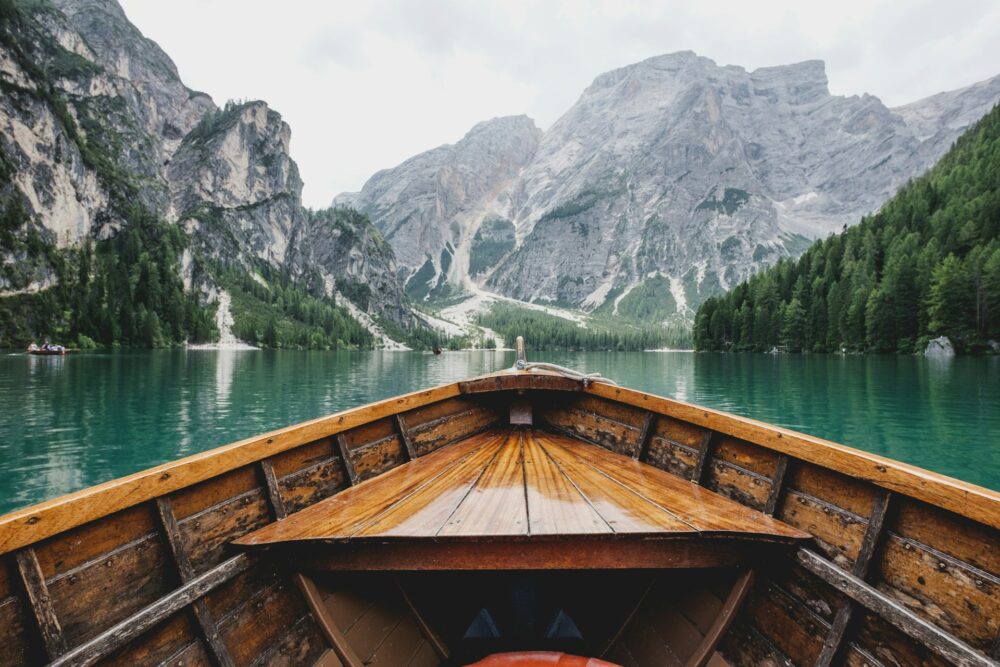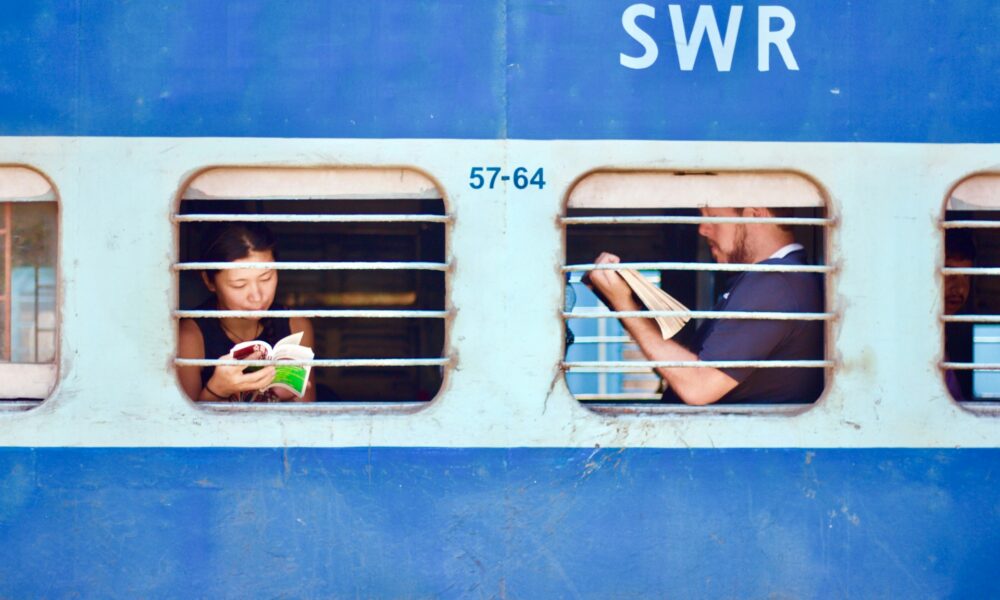The posts in this blog may include affiliate links. This means that when you decide to purchase anything through these links I get a small commission at NO extra cost to you.
Slow travel is a mindset and approach to travel that emphasises immersing yourself deeply in a destination, savouring the experience, and prioritising quality over quantity. Unlike traditional tourism, which often involves rushing from one attraction to another in a short period, slow travel encourages travellers to take their time, connect with local culture, and forge meaningful experiences. This concept is rooted in the idea of mindfulness, sustainability, and a desire to appreciate the journey as much as the destination.
What is Slow Travel?
At its core, slow travel is about slowing down the pace of travel to fully engage with the places visited, the people encountered, and the activities undertaken. It encourages travellers to spend more time in a single location, allowing for a deeper understanding and appreciation of the local way of life. Instead of trying to tick off a checklist of tourist attractions, slow travellers prioritise authenticity, seeking out off-the-beaten-path experiences and meaningful interactions with locals.
One of the key principles of slow travel is minimising the environmental impact of travel. By reducing the frequency of long-haul flights and opting for more sustainable modes of transportation such as trains, buses, or even walking, slow travellers aim to reduce their carbon footprint and support local economies. Additionally, staying in locally-owned accommodations, dining at independent restaurants, and supporting small businesses helps contribute to the preservation of cultural heritage and the well-being of local communities.
Slow travel also encourages travellers to embrace spontaneity, allowing for unexpected discoveries and unplanned adventures. Rather than meticulously planning every minute of their itinerary, slow travellers leave room for flexibility, allowing themselves to follow their interests and passions in the moment. This sense of freedom and openness often leads to some of the most memorable and rewarding travel experiences.
Another aspect of slow travel is the emphasis on immersive cultural experiences. This may include taking part in cooking classes, artisan workshops, or cultural festivals, as well as engaging in activities that promote cultural exchange and understanding. By learning about the customs, traditions, and way of life of the places they visit, slow travellers gain a deeper appreciation for the diversity of the world and foster connections with people from different backgrounds.
Furthermore, slow travel encourages travellers to disconnect from the digital world and be present in the moment. Instead of constantly documenting their experiences for social media or seeking out Wi-Fi hotspots, slow travellers prioritise peacefulness and introspection, allowing themselves to fully engage with their surroundings and the people they encounter.

How to Travel Slowly
Set Your Intention
Begin by setting your intention for your travels. Slow travel is about embracing a more intentional and meaningful journey, so take some time to reflect on what you hope to gain from your experiences.
Choose Your Destination Wisely
Select destinations that resonate with your interests and values. Consider places known for their rich culture, stunning landscapes, and opportunities for meaningful experiences.
Plan Your Itinerary Mindfully
Instead of trying to cram as many destinations and activities as possible into your itinerary, focus on quality over quantity. Choose a few key places to visit and allow plenty of time to explore each one in depth.
Embrace Sustainable Transportation
Choose for more sustainable modes of transportation, such as trains, buses, bicycles, or even walking, whenever possible. This not only reduces your carbon footprint but also allows you to connect more intimately with the places you’re traveling through.
Stay Longer in Fewer Places
Rather than hopping from one destination to another, consider staying longer in each place. This allows you to delve deeper into the local culture, build connections with locals, and truly immerse yourself in the destination.
Choose Locally-Owned Accommodations
Support local communities by staying in locally-owned accommodations such as guesthouses, bed and breakfasts, or eco-lodges. This not only contributes to the local economy but also provides a more authentic and personalized experience.
Explore Off-the-Beaten-Path
Seek out hidden gems and off-the-beaten-path attractions that may not be on the typical tourist trail. Talk to locals, follow recommendations from fellow travellers, and be open to discoveries along the way.
Engage in Slow Activities
Slow travel is all about embracing the journey and savouring the moment. Slow down the pace by engaging in activities such as leisurely walks or simply sitting at a café and people-watching.
Immerse Yourself in Local Culture
Take the time to learn about the customs, traditions, and way of life of the places you visit. Participate in cultural activities, attend festivals, and interact with locals to gain a deeper understanding of the destination.
Disconnect and Be Present
Embrace the opportunity to disconnect from the digital world and be fully present in the moment. Limit your screen time, resist the urge to constantly document your experiences for social media, and focus on soaking up the sights, sounds, and sensations around you.
Practice Mindfulness
Cultivate mindfulness throughout your journey by staying attuned to your senses, observing your surroundings with curiosity, and being open to the beauty of each moment.
Reflect and Recharge
Take time to reflect on your experiences and recharge your batteries. Slow travel is as much about inner exploration as it is about outer exploration, so carve out moments for introspection and self-care along the way.
Overall, slow travel is about embracing a more intentional, sustainable, and meaningful approach to exploring the world. It encourages travellers to slow down, appreciate the beauty of the journey, and create a deeper connection with the places they visit. By prioritising quality over quantity and seeking out authentic experiences, slow travellers can create memories that last a lifetime while making a positive impact on the planet and the communities they encounter.



